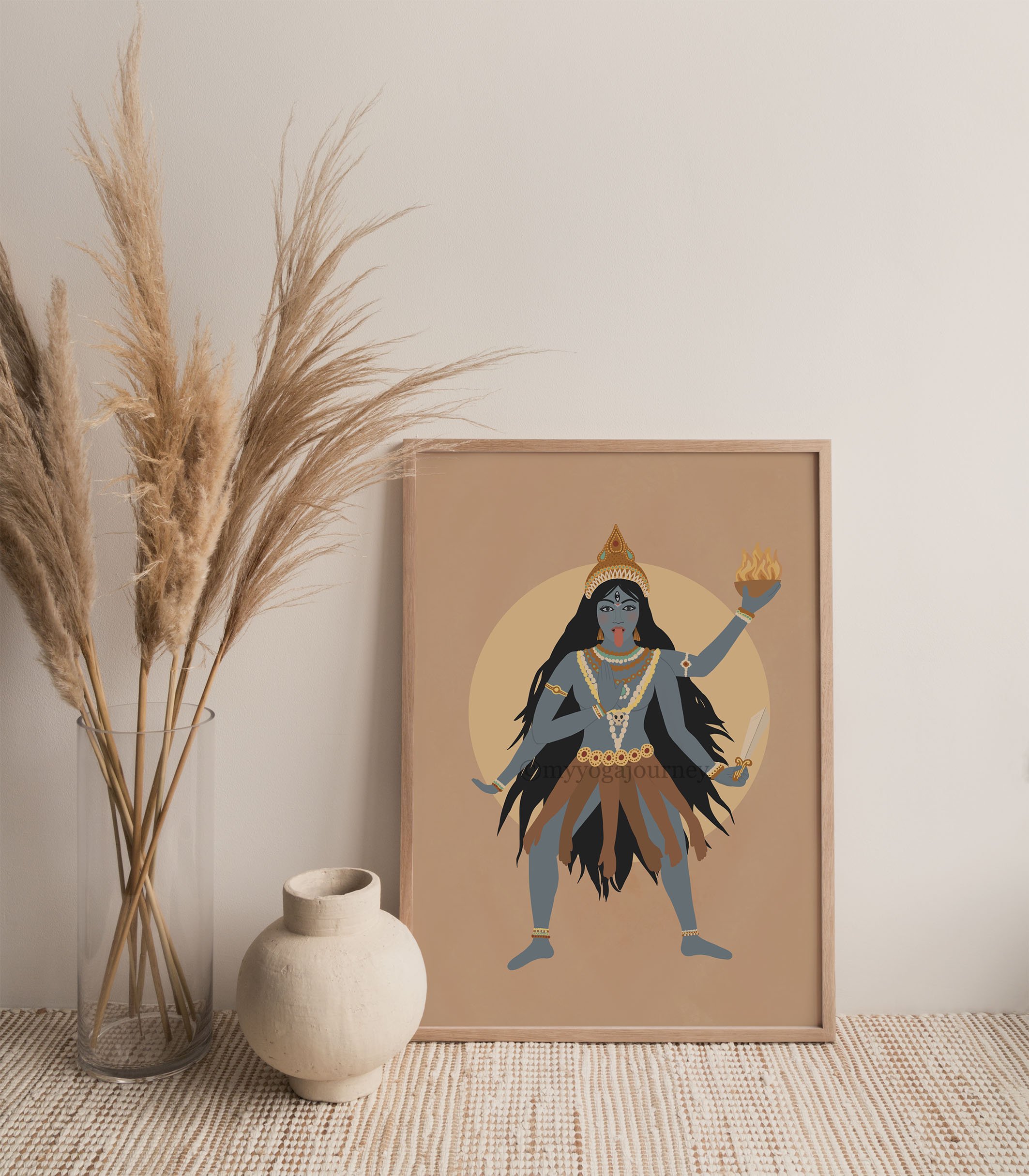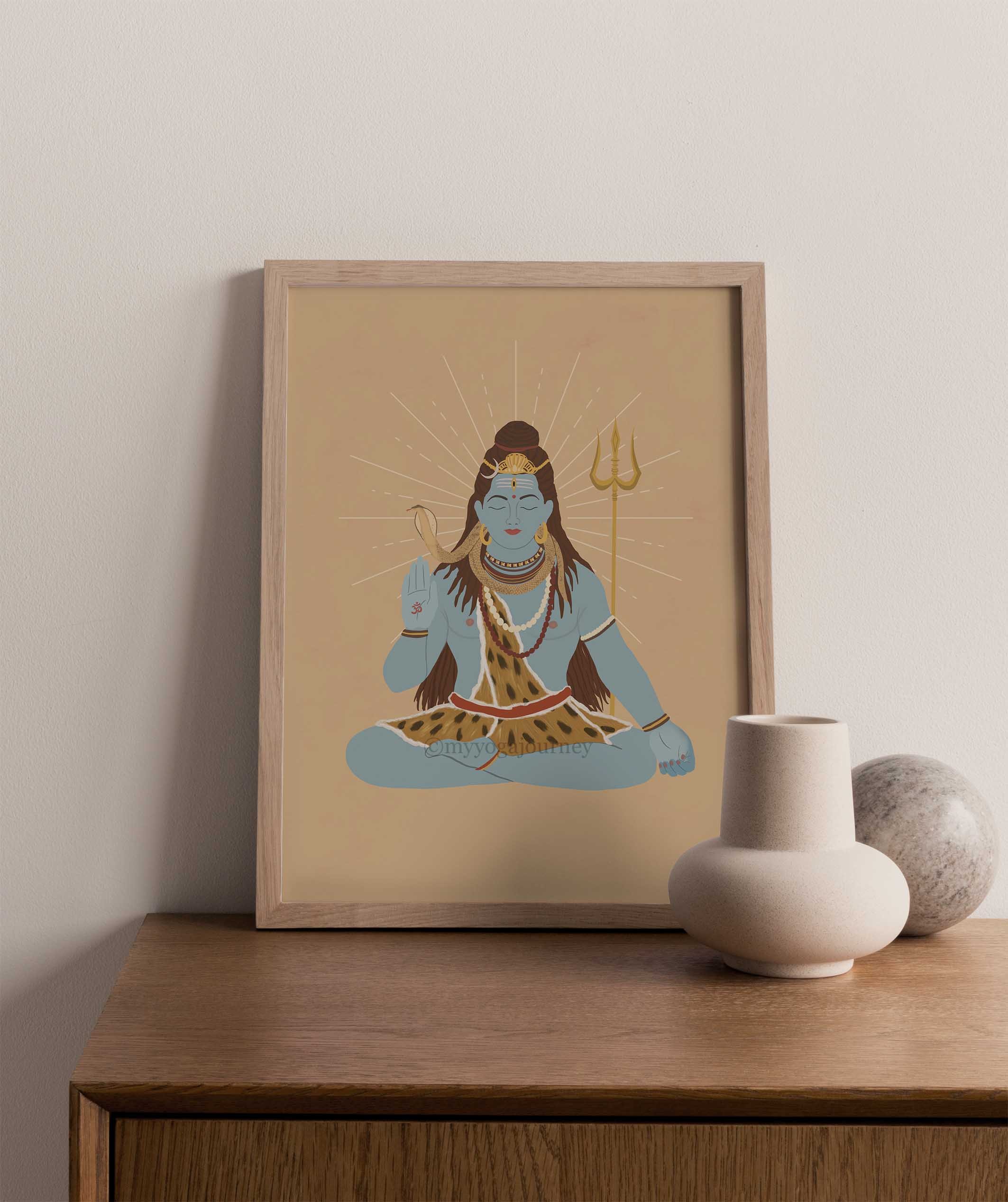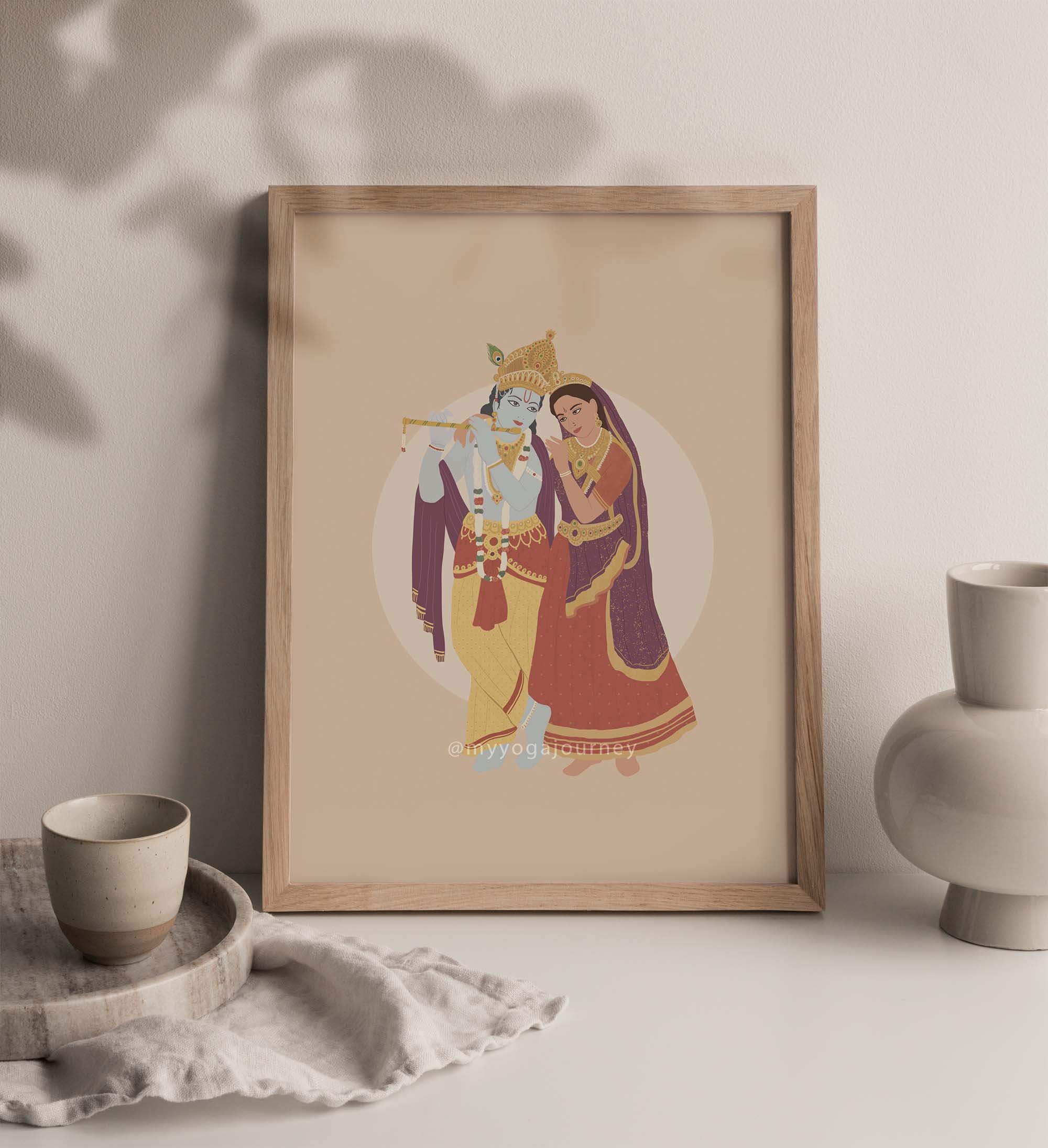A Brief Guide to Hindu Deities
Hinduism is rich in mythology, tradition, and spirituality. At its heart are the deities who embody various aspects of life, guiding devotees in their spiritual journeys. This blog post explores some of the most revered Hindu deities—Krishna, Radha, Lakshmi, Vishnu, Durga, Saraswati, Hanuman, Ganesha, Shiva, and Kali—and highlights their significance and attributes.
1. Lakshmi: The Goddess of Wealth and Prosperity
Lakshmi, the goddess of wealth, prosperity, and abundance, is widely worshipped during festivals like Diwali. She represents both material and spiritual wealth, encouraging devotees to seek balance in life. Often depicted sitting or standing on a lotus, she symbolizes purity, beauty, and grace. Invoking Lakshmi brings blessings in financial endeavors and personal growth.
2. Vishnu: The Preserver of the Universe
Vishnu, known as the preserver, plays a crucial role in maintaining cosmic order (dharma). He is often depicted with a conch shell, discus, and mace. Vishnu’s incarnations, including Rama and Krishna, teach valuable lessons about duty, justice, and compassion. Devotees seek his guidance to navigate life’s challenges and ensure peace and harmony.
3. Durga: The Warrior Goddess
Durga embodies strength, courage, and the power to overcome evil. She is often depicted riding a lion or tiger, symbolizing her fierce warrior spirit. Celebrated during the festival of Navaratri, Durga represents the triumph of good over evil. Her multiple arms, each holding a weapon, signify her ability to protect and empower her devotees in their struggles against negativity and obstacles.
4. Kali: The Fierce Protector
Kali is the fierce aspect of the goddess Durga and represents destruction, transformation, and empowerment. Often depicted with a fierce expression, dark complexion, and multiple arms, Kali symbolizes the destruction of ignorance and the removal of obstacles. While she is associated with chaos, Kali also embodies the nurturing aspect of motherhood and is revered as a protector against negativity. Her worship encourages devotees to confront their fears and transform their lives.
5. Saraswati: The Goddess of Knowledge and Arts
Saraswati, the goddess of knowledge, music, and arts, is revered by students, artists, and scholars. She is often depicted playing the veena, symbolizing the harmony of knowledge and creativity. Saraswati inspires us to seek wisdom and embrace learning, reminding us that knowledge is essential for personal and spiritual growth.
6. Hanuman: The Devoted Protector
Hanuman, the monkey god and devoted disciple of Lord Rama, symbolizes strength, loyalty, and selfless service. His incredible feats in the Ramayana, including flying across the ocean to rescue Sita, demonstrate his unwavering devotion and courage. Worshipping Hanuman is believed to remove obstacles and provide protection, making him a beloved figure in Hindu spirituality.
7. Ganesha: The Remover of Obstacles
Ganesha, known as the elephant-headed god, is the remover of obstacles and the lord of beginnings. Worshipped before any new venture or endeavor, Ganesha represents wisdom, intellect, and good fortune. His playful nature and symbolism of adaptability encourage devotees to embrace change and overcome challenges with grace.
8. Shiva: The Lord of Transformation
Shiva, the god of destruction and regeneration, embodies the cycle of creation, preservation, and dissolution. Often depicted in meditation or as Nataraja in cosmic dance, Shiva represents both the peaceful and fierce aspects of life. He teaches us the importance of inner strength and the transformative power of letting go, guiding us toward spiritual enlightenment.
9. Krishna: The Divine Lover and Protector
Krishna, often depicted as a youthful figure playing the flute, symbolizes love, compassion, and divine joy. It embodies the essence of divine love through his relationships with devotees, especially with Radha. Krishna’s teachings in the Bhagavad Gita emphasize duty, righteousness, and devotion. His playful and loving nature inspires millions to seek a deeper connection with the divine.
10. Radha: The Goddess of Love and Devotion
Radha is celebrated as the supreme goddess and the divine feminine energy. She embodies love, devotion, and the feeling of bliss (Hladini) towards Krishna. Radha’s unwavering love, even amidst challenges, teaches us the importance of patience and sacrifice in relationships. Her story emphasizes that true love transcends obstacles and societal norms, inspiring devotees to cultivate pure and selfless love.









